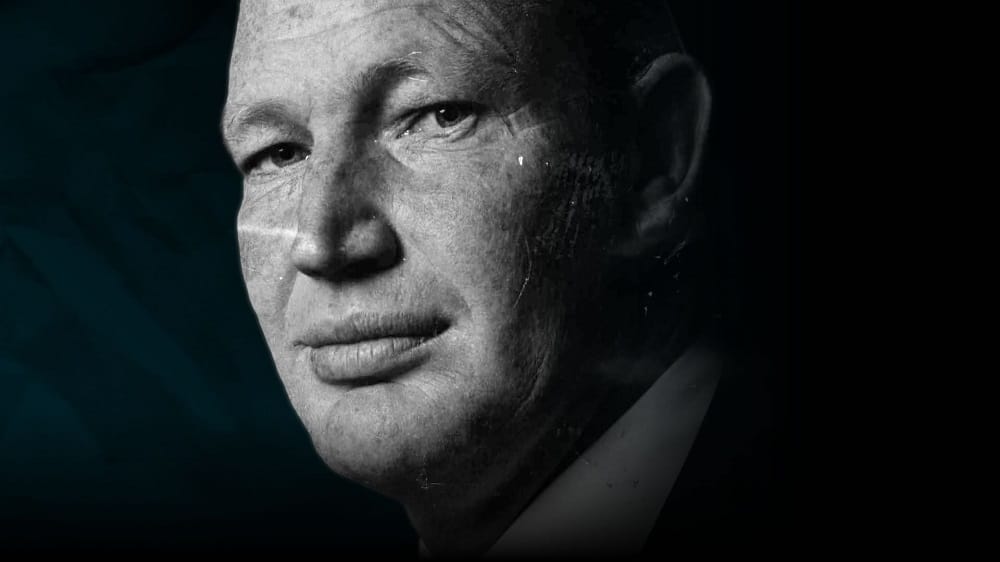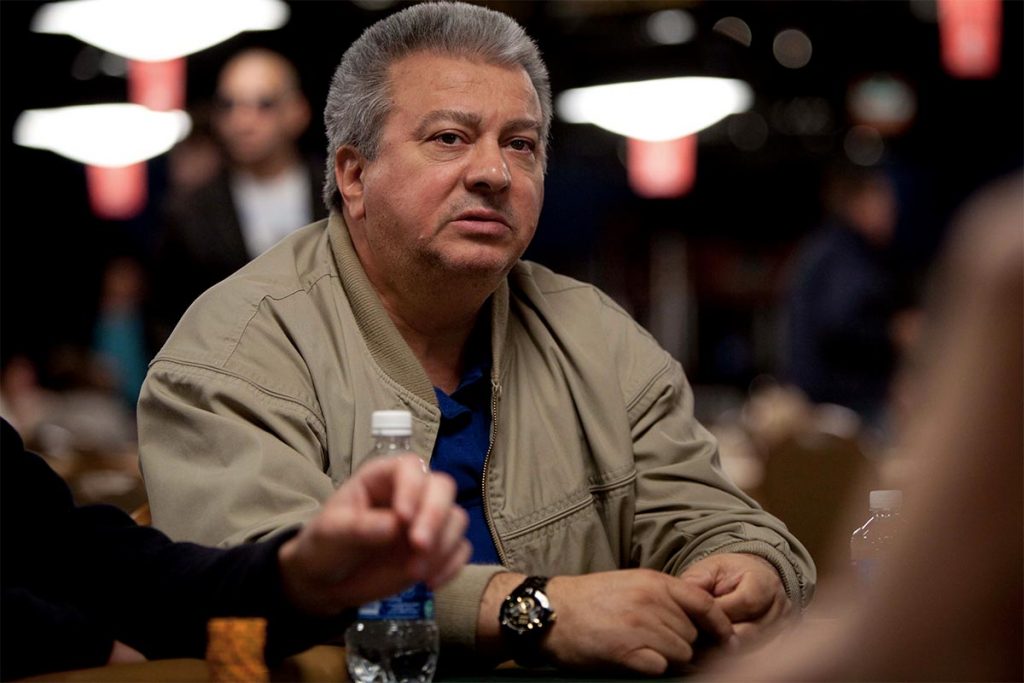- Famous Gamblers In History
- Famous Gamblers In History Encyclopedia
- Most Famous Gamblers In History
- Famous Gamblers In History Timeline
Historically, not all players were non-payers, outlaws, criminals and outcasts. Today, more and more people of different professions, ages and positions in society prefer gambling as a good and fast earning good cash. Most celebrities, business people playing Texas Hold’em can be found 24 hours a day, 7 days a week on Poker Network, for example. This article will not describe the famous carders, who are famous as cheaters or great super-players. Today the story will go about the players who made a name for themselves in history books, cheaters, which at one time in society were considered important members of their communities and were known more than just gamblers. Let’s look at who made it to the top ten:
10. John Montague.
John Montague lived in England from 1718 to 1792. He was a British statesman who led many important and successful military and political departments. Montague does not have the best reputation, but it is said that much of the history written about him was written by his political opponents.
There’s no doubt that the mother of Christ is one of the most famous women in history as well as Christianity’s most central figures. Find the hottest gambler stories you'll love. Read hot and popular stories about gambler on Wattpad.
Montague, or the 4th Earl of Sandwich, was famous for asking his servants to bring him pieces of meat between two slices of bread during his long hours at the card table. This habit became well known among his friends, it was thanks to gambling that the “sandwich” was born.
Montague was well educated, a Cambridge graduate, and he also held a number of important positions in his life; however, it was thanks to this invention that he was placed on our list.
9. John Aspinoll
John Aspinoll was a marine fencer, trained at Oxford. That’s where Aspinolla’s interest in gambling started to grow. In fact, he enjoyed playing so much that he missed his finals in Ascotta racing and missed exams at the university, going to the racetrack.
He bought a cryptographer, a dilapidated 18th-century mansion near Canterbury Cathedral, with his winnings in 1956, the estate was expanded to 9 acres of gardens and parks, where his first zoo was to appear. Funds from his own gambling and casino business enabled him to create a private collection that included rhinos, bongo antelope, horses and leopards. Here he developed his philosophy of respect, according to which it is worth treating animals. He assembled a dedicated team of like-minded people, the so-called keepers. In hard times, in order to feed all his animals and pay the staff, he imperfectly sold jewelry and other precious things. Perhaps, he was not among the authoritative members of society, he was not in the armed forces or politics, but Aspinolles went down in history as a lover of animals and as one who so zealously defended them.
8. Michael de Montaigne
Another famous man from history who was a player and one of the most influential writers of the French Renaissance, Michael de Montaigne. He lived between 1533 and 1592 and during his lifetime was more considered a statesman than an author. He is considered the father of what we call modern skepticism today. His influence was reflected in philosophers and great writers such as Ralph Waldo Emerson, René Descartes, Pascal Blaine and perhaps even William Shakespeare. The book Experiences, which still contains some of the most widely influential essays ever written, has a very strong influence on people.

7. Hieronymus Cardan.
The scientist Hieronymus Cardan, who lived from 1501-1576 was an Italian Renaissance mathematician, doctor and gambler. He became famous for his achievements in algebra. He was an experienced player and chess player. He even wrote a book about gambling, in his book Liber de ludo aleae (Book of Gambling). The book contains the first systematic calculation of probability, as well as a section on effective cheating methods. He invented many other things, such as: a code lock, cardan shaft, which is used in vehicles to this day. His other research helped to develop the first high-speed printing machine. He also made several contributions to hydrodynamics and published two encyclopedias of natural history.
6. Rene Descartes.

Another respected scientist and philosopher from history books who gambled was Rene Descartes, who lived from 1596 to 1650. Initially Descartes decided to pursue a career in gambling after law school and the army. He continued gambling throughout his life.
Famous Gamblers In History
He was called the “father of modern philosophy.” Descartes came up with the famous saying, “I think I exist.” Not only was he a pioneer of philosophy, Cartes was also considered the “father of modern science”. (Image: portrait of Frans Hals).
Famous Gamblers In History Encyclopedia
5. Charles II.
Charles II regained the English monarchy in 1660, he led an interesting gambling life, and was known as the “merry king”. Gambling became the center of life in his court. The love of gambling did not only spread throughout England, games were everywhere, even when colonists arrived in North Africa, they found that the indigenous peoples had their own gambling.
4. Casanova de Seingalt
Today, when we think of the name “Casanova“, we tend to think of a reckless, wild and irresponsible womanizer; nevertheless, at one time, Casanova was an outstanding man of European society (1800s). Seingalt Casanova was an avid player as well as a lawyer, adventurer and writer. At the age of 21, Kazanova decided to become a professional player, but soon changed his mind and switched to other professions. Later he claimed that he lacked the discretion to “get out of the game on time when fortune was not on his side, lacked enough control over himself when I was winning” (or, as Kenny Rogers would say, “would know when I was winning, would know when I was winning”).


Casanova played the lottery, Pharaoh, basset, Peak, biribi, Primero, Quinze redie nobility and high clergy. In addition, he was a very religious, devout Catholic who believed in prayer. Casanova’s contemporaries thought he was an extraordinary man – he was one of the most outstanding people of his time. Prince Charles de Ligne once said that Casanova was the most interesting man he had ever met: “There is nothing in the world that he could not do.
3. Wild Bill Hickok.
The nickname suggests that this is another reckless character, in fact, in a sense it may be true, but in spite of this American legend Wild Bill Hickok was nicknamed in his time as “wild”. Hickok had a reputation as an honest man; he was a war hero, a scout and a Lawman who spent most of his life protecting others from criminals and injustice.
Most Famous Gamblers In History
At the same time, he was an avid gambler and he was a gambling fanatic, particularly about dropping poker. When he knew he was losing, he would pull out his colt or knife and challenge the man with the words “Take the bank”. Hickok, was killed tragically, in the moment he joined a poker game, a group of conspirators who were planning to kill him, simply shot him. It is said that he made many enemies in his life, because at one time he was part of a group that fought against slavery in the south. He was shot in the back of the head with a .45 revolver and when Hickok tilted back in his chair, his cards fell to the floor with a pair of aces and a pair of eight. Now this combination is called “Dead Hand”.
2. Fyodor Dostoevsky
Famous Gamblers In History Timeline
Of all the players who have entered the history of gamblers, Fyodor Dostoevsky is considered one of the greatest people. One of the most influential novelists in Russian history, Dostoevsky was an avid player who wrote two famous novels, “Crime and Punishment” and “Hamlet”. According to legend, Dostoevsky wrote in the last section “Crime and Punishment” for several days in order to secure an advance from his publisher to eventually settle his card debts. He liked gambling, part of the basics of which he described in his books, he drew inspiration for his novels from the effects and psychology of drug addiction and the risks he experienced in his life as a player.
1. Claude Monet
Claude Monet used his winnings to quit his courier job and focus on painting, becoming the founder of French impressionism. In 1891 he won about $ 13450 in the French lottery and it was a winning ticket not only for Monet, but also for the world. Perhaps if Claude Monet had not made this bet long ago, Monet would not have pleased the world with some of his greatest works of art.